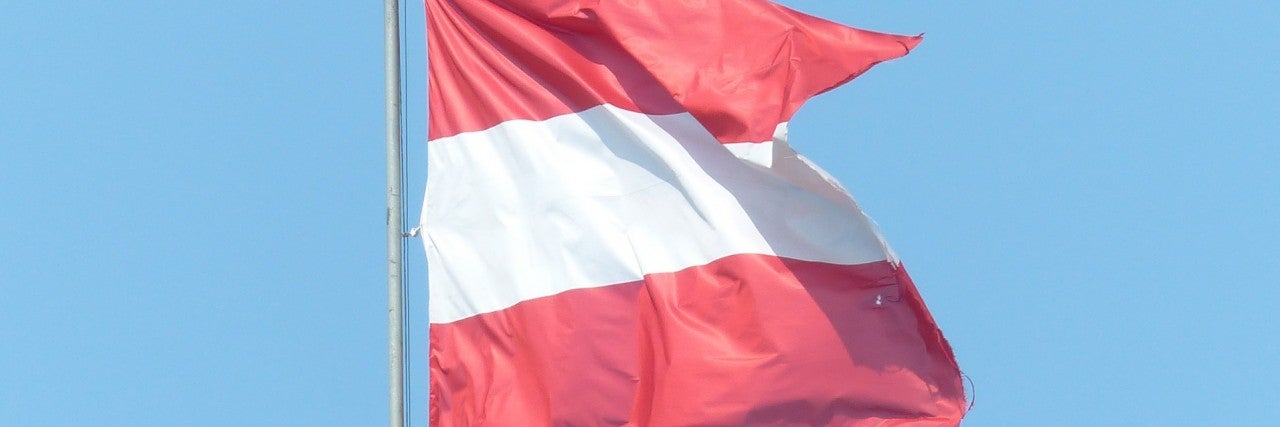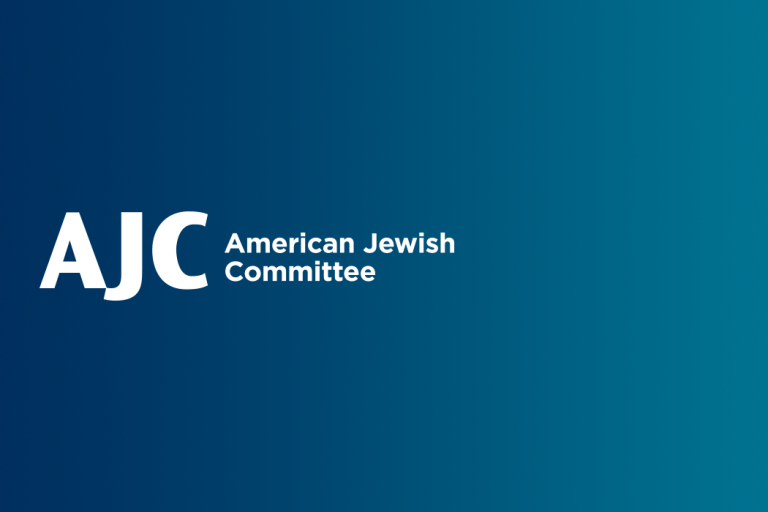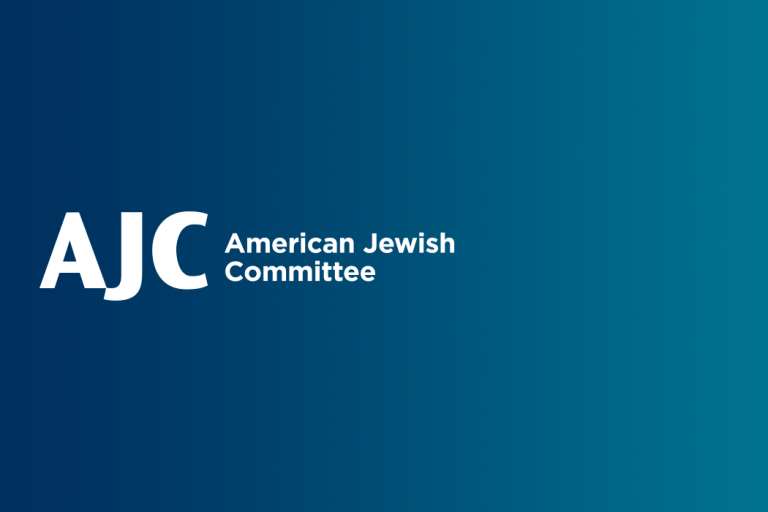October 19, 2017
Throughout Europe, right-wing populist parties with overt or covert antisemitic messaging have been gaining strength, and Austria is no exception. After near collapse, the country’s right-wing Freedom Party (FPÖ), which campaigned on an anti-immigration, populist platform, captured more than 26% of the national vote in the recent federal elections, its second-best result ever. Even though Austria ranks above average in jobs and wages among the countries of Europe, its citizens display the same economic and social anxieties that have led to support for right-wing parties elsewhere.
As the Freedom Party is widely expected to become a junior coalition partner, European observers are watching closely to see what impact this will have on government policies and on other political coalitions in Europe. Can the victorious conservative Austrian People’s Party, headed by the charismatic Foreign Minister Sebastian Kurz, more effectively control the Freedom Party’s xenophobic and nationalist agenda by bringing it into government or by leaving them in the opposition? Will its anti-immigrant, anti-Muslim, anti-refugee agenda leave a deep mark on the Austrian People’s Party, which, some believe, has already shifted further to the right?
Uncertainties about the inclusion of a right-wing partner in a government coalition have touched off fears among many – and not just in Jewish communities – about the resurgence of racism, antisemitism, and nationalism in Austria, a country where such discussions have profound historical echoes.
As if anticipating these concerns, both the victorious center-right Austrian People’s Party and the greatly strengthened far-right Freedom Party openly disavowed antisemitism during the election campaign. Austrian People’s Party’s Kurz angrily rejected a deprecating reference that the Freedom Party’s Heinz Christian Strache made about one of his Jewish supporters. Strache, then, denied any antisemitic intent. Both leaders have declared their support for strong ties with Israel, and have made relatively recent visits to the country.
Nonetheless, anti-Jewish stereotypes did play a role in this election, including the odd case of an Israeli political consultant for the center-left Social Democrats who organized an antisemitic campaign against Minister Kurz (who is not Jewish). The consultant was fired once the story became public, but the incident possibly cost the ruling Social Democrats another victory.
The Israeli newspaper Israel Hayom was the first foreign publication to which future Chancellor and current Foreign Minister Kurz granted an interview, assuring his government will be a bulwark against antisemitism. The dynamic and appealing young leader has also given this pledge, together with expressed strong commitment to Israel, in meetings with AJC, including a videotaped speech at the organization’s 2017 Global Forum. During the campaign, he declared that any future coalition partner must endorse this policy. He also introduced a successful cabinet resolution in April that made Austria one of the few European governments to endorse the IHRA (International Holocaust Remembrance Alliance) Working Definition of Antisemitism, an AJC priority issue.
While Minister Kurz has made clear his commitment to Jewish life and security in Austria, the FPÖ, his potential coalition partner, has a long and checkered history of politicians who make statements glorifying the Nazi past, minimizing or denying the Holocaust, and openly expressing antisemitism. Current party leader Strache no longer flirts with Nazi imagery as he once did and now even suspends party members for antisemitic expressions. At the same time, he rails against the “Islamization” of Austria and calls for a de facto end to Muslim life in Austria. He also speaks about a political shift toward Austria’s eastern Visegrad neighbors – Poland, Hungary, the Czech Republic and Slovakia – which have consistently spurned EU directives and refused to accept refugees.
Minister Kurz, who formerly held the government’s Integration portfolio, has taken forceful positions on issues of integration. Besides helping initiate largely symbolic measures such as a recent ban on burkas, he has banned foreign funding of mosques and pushed through controversial legislation requiring refugees who receive welfare to work without remuneration. And, in the wake of the large numbers of refugees who came to Europe in 2015-16, he instituted policies to seal off Austrian borders and create an upper limit on the numbers of refugees allowed to enter Austria each year.
Is Austria shifting to the political right, with policies that potentially clash with European regulations and values? In fact, Austrian politics have always been center-right, with a majority of voters electing conservative parties in every election since 1945, except for three elections in the 1970s under the popular Bruno Kreisky, the Chancellor from Austria’s center-left Socialist Party. And surely, whatever declarations politicians might make about shifting political focus to the east, including Russia, with whom Austria cultivates friendly relations, Austria’s economy needs the markets of its western neighbors.
Although the ruling Social Democrats narrowly finished in second place on October 15, they are unlikely to join the government as junior coalition partner, since voter sentiment clearly ran in favor of a center-right government. There are justified concerns about the goals and priorities of such a coalition, even though it would not be the first time the Freedom Party entered a government coalition.
Minister Kurz faces the daunting challenge of maintaining political balance without incorporating political positions on the far right of the European consensus. Austrian diplomacy has traditionally sought to bridge eastern and western Europe, an ever more complex task given the troublesome political developments amongst Austria’s neighbors. One priority should be to closely reexamine Austria’s traditionally friendly relations with Iran, so long as Tehran supports extremism and fuels the destabilization of its neighbors. Russian meddling into European politics, with its support of right-wing parties, is the background for shaping a complex relationship.
Minister Kurz needs, as well, to confront decisively expressions of hatred and racism whether the FPÖ is within or outside the government, and stay true to his pledge of zero tolerance for manifestations of antisemitism. He needs to mitigate concerns about the potential impact on other European countries of a center-right coalition that includes a populist and nationalist party. And the future Chancellor will need to demonstrate clearly that democracy provides no protection for intolerance and hatred that is spouted under the guise of preserving tradition and history.
Minister Kurz is a talented leader who – at the astonishingly young age of 31 – has gained the trust of Austrian voters to confront these challenges and find solutions to problems of social cohesion, economic disparity, and Austria’s place within Europe and the transatlantic alliance. His strong personal mandate alone, however, is not enough to alleviate concerns about the impact on Austrian policies – and on Europe – of a right-wing coalition partner in government. Can he assuage lingering doubts as to whether Austria has faced the lessons of history in a manner that will prevent a broad resurgence of nationalism, antisemitism, and xenophobia? Will he work well with such European leaders, such as President Emmanuel Macron and Chancellor Angela Merkel, who are trying to strengthen the cohesion of the continent?
The answers will take time: after all, this is just the beginning of what is likely to be a long political career for Kurz. What is certain is that Europe, at a critical juncture in history, has a new leader in its midst eager to reshape Austrian politics and counter radical political tendencies, while making significant contributions to European unity, the U.S.-European-Israeli alliance, and the search for European identity.
Deidre Berger is Director of the AJC Berlin Lawrence and Lee Ramer Institute for German-Jewish Relations.



